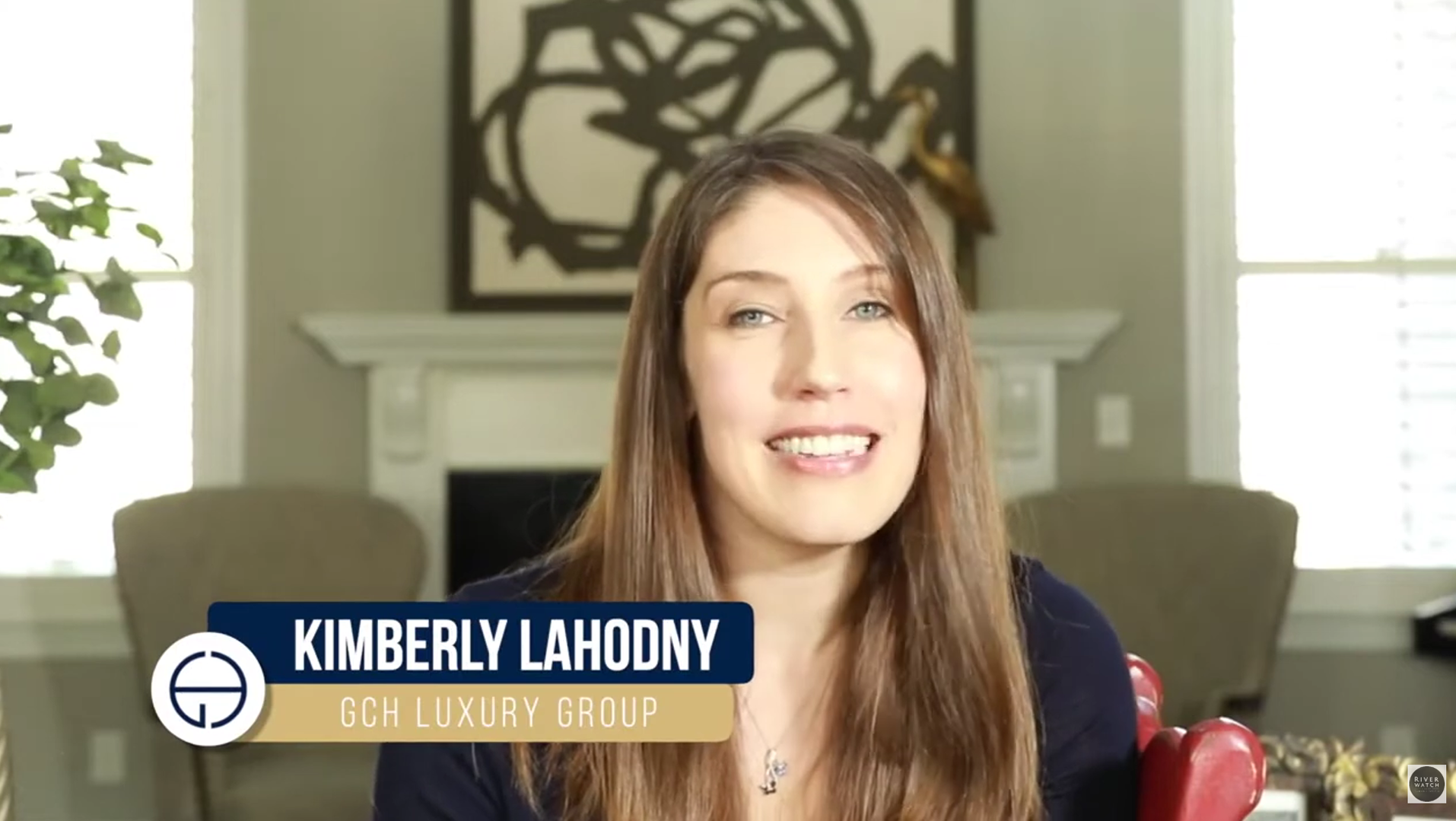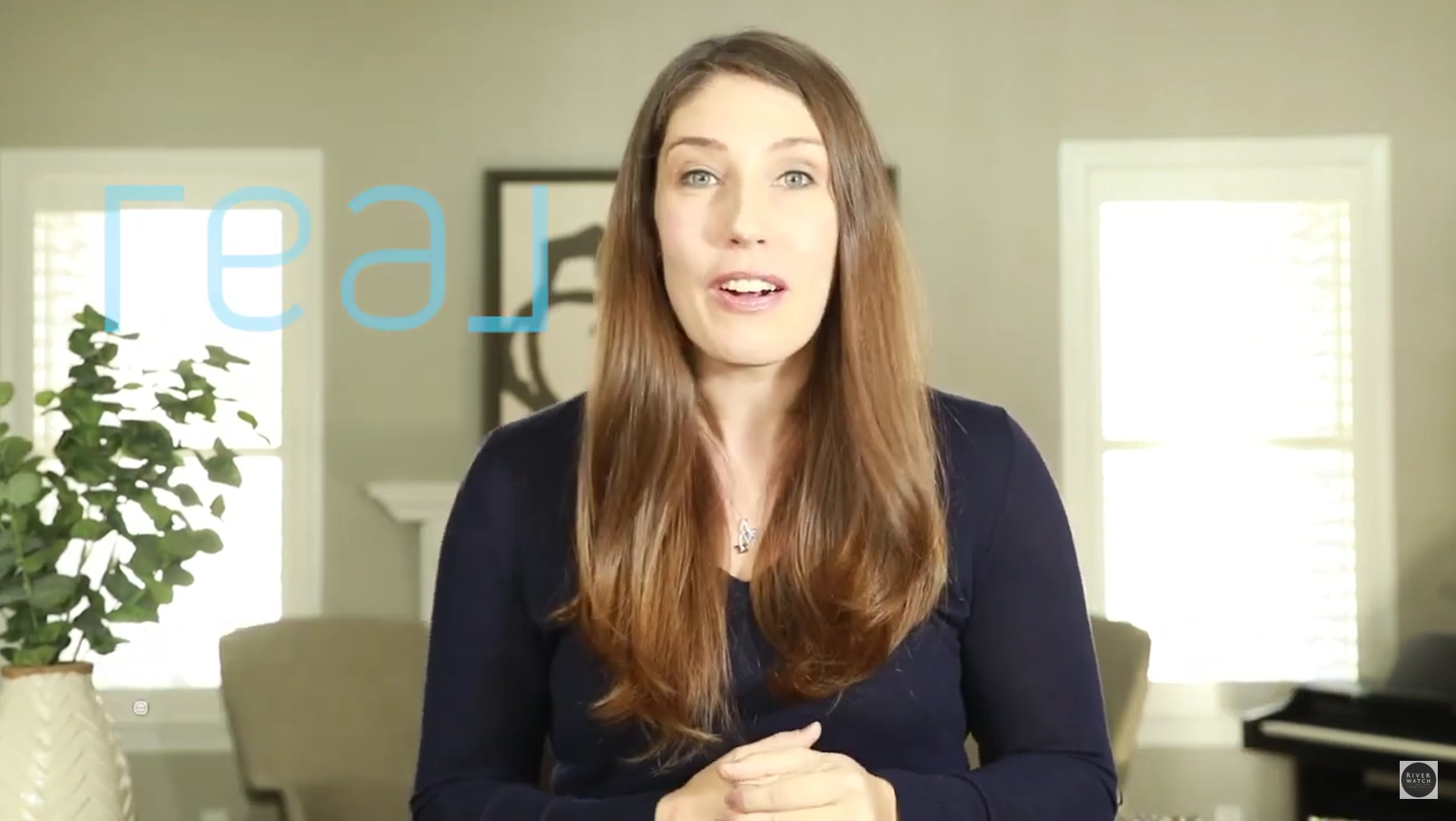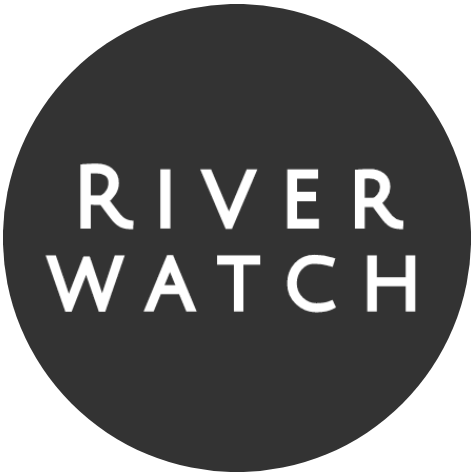Avoiding Unethical Practices in Real Estate: And What Are They?
When it comes to real estate, the stakes are high. For most people, buying or selling a home is one of the biggest financial decisions they’ll ever make. That’s why unethical practices in real estate aren’t just shady—they’re downright dangerous.
Whether you’re in Augusta, Evans, or Aiken, it’s important to understand what unethical practices look like and how to avoid them. Let’s dig into the dirty details (don’t worry, we’ll keep it fun) so you can navigate the real estate world like a pro.
What Are Unethical Practices in Real Estate?
Unethical practices can come in many forms, from subtle manipulations to outright fraud. Here are some of the most common:
1. Dual Agency Without Transparency
Dual agency happens when one agent represents both the buyer and the seller in a transaction. While it’s legal in some states (including Georgia and South Carolina), it can lead to conflicts of interest if not handled ethically. If your agent isn’t crystal clear about their role in the transaction, that’s a red flag.
2. Misrepresentation
This one’s a biggie. Misrepresentation happens when an agent intentionally lies or withholds information to make a sale. Examples include:
- Saying a home is in “perfect condition” while ignoring major issues.
- Exaggerating square footage or neighborhood perks.
- Downplaying zoning restrictions or HOA rules.
3. Pressure Tactics
Ever felt like an agent is rushing you into making a decision? That’s unethical. A good agent gives you space to think and make informed choices, not deadlines that make your heart race.
4. Undisclosed Relationships
If an agent has a financial or personal connection to the other party in the transaction, they’re required to disclose it. For example, if your agent is related to the buyer or has a stake in the title company, you need to know about it.
5. Failure to Disclose Material Facts
Agents are legally and ethically required to disclose “material facts” about a property. That includes things like structural issues, water damage, or the fact that it’s located in a flood zone. If they’re hiding these details, run.
How to Avoid Falling Victim to Unethical Practices
1. Choose the Right Agent
Start by working with a reputable brokerage like Riverwatch Residential & Commercial, where integrity is baked into everything we do. Ask your agent about their credentials, experience, and how they approach ethical dilemmas.
2. Understand Your Rights
Knowledge is power. Familiarize yourself with the Code of Ethics set by the National Association of REALTORS® (NAR). This code outlines the ethical standards that agents must follow, from honesty in advertising to protecting client confidentiality.
3. Ask for Full Transparency
A good agent will explain every step of the process in plain English, from their commission structure to the potential risks of a transaction. If something feels unclear, don’t be afraid to ask questions—or walk away.
4. Trust Your Instincts
If an agent seems too slick, too pushy, or too eager to gloss over details, listen to your gut. Ethical agents don’t rely on high-pressure tactics—they rely on trust.
5. Do Your Homework
Check online reviews, ask for references, and research the agent’s track record. An ethical agent will have plenty of happy clients who are willing to vouch for them.
Final Thoughts
Unethical practices in real estate aren’t just wrong—they’re avoidable. By working with an experienced, trustworthy agent, you can protect your investment, your time, and your peace of mind.
Join the Riverwatch Community
At Riverwatch Residential & Commercial, we’re not just here to sell homes—we’re here to make the process seamless, empowering, and even (dare we say) fun.
If you’re ready to work with a brokerage that prioritizes integrity, schedule a CALL Riverwatch Residential & Commercial . We’re here to guide you every step of the way.
And if you’re a savvy REALTOR® looking to join a boutique brokerage with big heart, check out our JOIN THE TEAM page.








OFfice
2580 Trade Center Drive Suite 5, Evans, GA 30809

Real Estate Web Design by Bullsai
All Rights Reserved | Riverwatch Residential & Commercial | Privacy Policy




